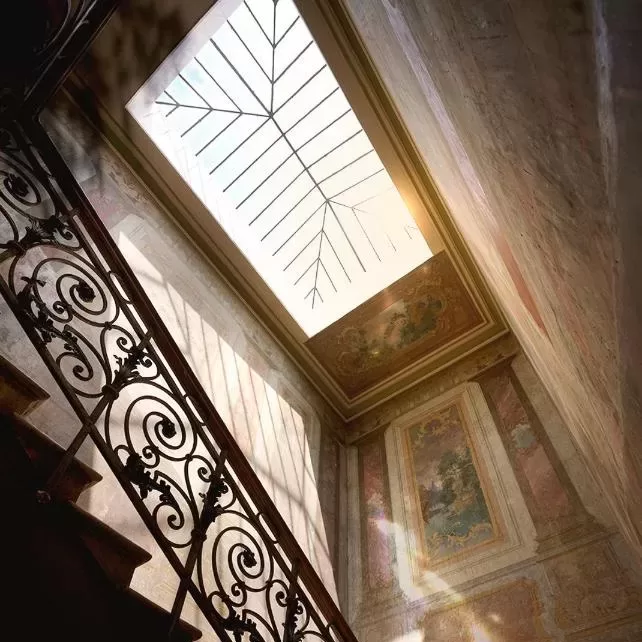
Having spent years studying and visiting Georgia, it is near and dear to my heart. Here are 10 interesting facts to know before visiting Georgia to help you better understand this beautiful country in the South Caucasus.
10 Interesting Facts to Know Before Visiting Georgia
Georgia is a small country of 3.7 million people, bordered by Russia, Turkey, Armenia, and Azerbaijan.
It has been conquered by the Romans, Arabs, Mongols, Persians, Ottomans, and Russians. Despite repeated conquests, the country has proudly maintained its distinct culture and identity.
Georgia is said to be the birthplace of winemaking. The traditional qvevri method, which uses large clay pots buried underground for fermentation, dates back 8,000 years and is still practiced today.
Tbilisi, Georgia’s capital, gets its name from the Georgian word tbili, meaning “warm”, due to its sulfur hot springs. The city’s bathhouses have been used for centuries for relaxation and healing.
Georgian polyphonic singing predates Christianity. It involves harmonized, multi-part arrangements and is recognized by UNESCO as a “masterpiece of the oral and intangible heritage of humanity.”
Georgia was part of the Soviet Union from 1921 until its independence in 1991. Today, Russia illegally occupies 20% of Georgian territory in South Ossetia and Abkhazia that it took after invading in 2008.
Self-taught Georgian painter Niko Pirosmani (1862–1918) lived his life in extreme poverty, painting tavern walls and shop signs for food or lodging. Known for folk-art style paintings of everyday life and animals, he was recognized after death and is now celebrated as Georgia’s greatest artist.
Georgia’s unique cuisine is a blend of European and Asian flavors, influenced by the country’s history under various empires and its location on the ancient Silk Road connecting East to West.
The Georgian supra is a feast featuring endless traditional dishes, wine, and toasts led by a tamada or toastmaster. It’s an ancient ritual and cornerstone of Georgian hospitality and culture.
Georgia adopted Christianity as its state religion in the early 4th century, making it the second Christian state after Armenia. The Georgian Orthodox Church remains a key part of national identity.




Leave A Comment